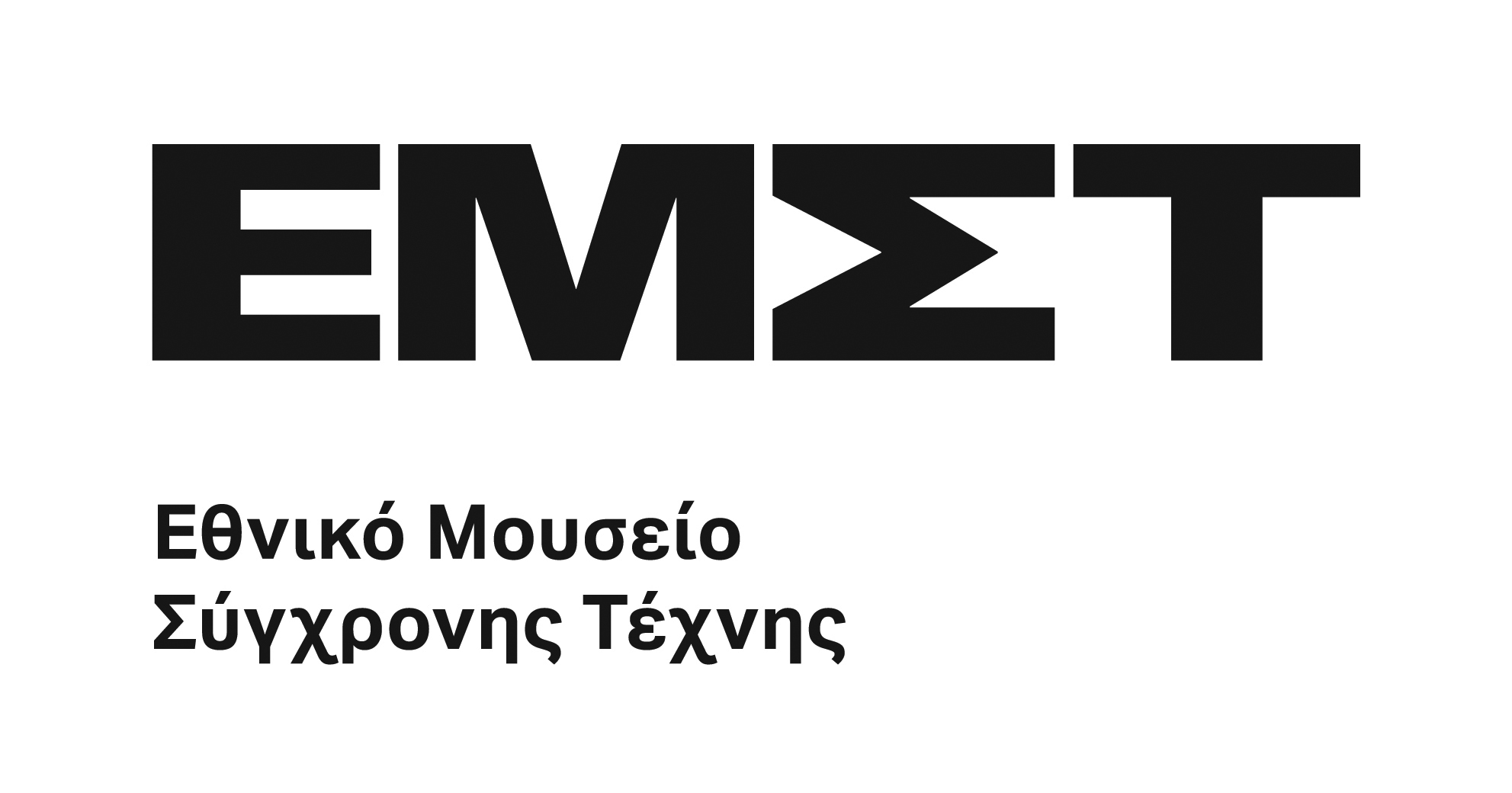Contact
ADDRESS
STAVROS NIARCHOS FOUNDATION
CULTURAL CENTER
364 Syggrou Avenue, Kallithea
TEL.
Box Office:
+30 213 0885700
Box Office email:
boxoffice@nationalopera.gr
Daily 09.00-21.00
info@nationalopera.gr
Register to our Newsletter
Concert
Iannis Xenakis
Psappha (1975)
Thursday 29 June 2023
Starts at: 19.15, 20.45
National Museum of Contemporary Art Αthens (EMST) – 2nd Floor
Free admission
In co-production with the Greek National Opera
Alexandros Giovanos, percussion

Acclaimed percussion soloist Alexandros Giovanos performs the emblematic work Psappha (archaic form of the name “Sappho”), one of Iannis Xenakis’ most famous and at the same time most impressive compositions for solo percussion. Psappha was commissioned by the English Bach Festival and is dedicated to Sylvio Gualda, a faithful collaborator of the composer, who was also the first to perform the piece in London in 1976. The concert is held as part of the National Museum of Contemporary Art’s tribute to Iannis Xenakis, in co-production with the Greek National Opera.
Few people have managed to mark the front line of the previous century’s international avant-garde as deeply as Iannis Xenakis, an inexhaustible and widely influential multi-faceted creator who left Greece to settle in Paris during the Greek civil war.
His creative intellect was never limited by the traditional barriers that separate science from art or the arts from each other: in the fifty-year period during which he was active, Xenakis treated music as a privileged field for the expression of universal principles and abstract structures, exploring its relationship with other sectors of human knowledge and activity, such as physics and philosophy, and applying in his compositional method processes originating from stochastic mathematics, set theory, or game theory.
At the same time, he was a pioneer in the evolution of electronic music and combined music with architecture in a groundbreaking way in a series of pivotal interdisciplinary works.
About Psappha
Probably the composer’s most-performed work, holding a now unshakeable place in the canon of solo percussion works, Psappha was first performed at the English Bach Festival in London on 2 May 1976 by Sylvio Gualda. Two factors contribute to the popularity of this, the first work written by Xenakis for solo percussion: The first is the absolutely remarkable and vital physicality lent to the writing by the consistent emphasis given, for the first time in his oeuvre, to the exploration of beat regularity […]. The second factor that guarantees musicians’ unabated interest in Psappha is the fact that Xenakis makes the percussion soloist an equal partner in the creation of the work’s sound impression: the composer proposes a list of instruments to the musician, from which the latter is called upon to choose, based on their own judgement, respecting only the construction material and tonal distribution. As much as the piece’s demands for virtuosity and stamina are gigantic, the challenge for the soloist is compensated by the freedom of performance they are offered, as well as from the unquestionably impressive quality of the achieved result. The piece’s flow contrasts different densities, both as far as the vertical (tonal) and the horizontal (temporal) axes are concerned, starting with a juxtaposition of medium and high-pitched instrument groups, in whose confrontation the low-frequency instruments intervene a while later. The middle part is dedicated to the dialogue of instruments of all ranges with extensive zones of silence; a while later, metallic instruments kick in, pushing the music towards an increasingly greater density and fluidity, manifested through extended rolls. In the fascinating finale, the extremities of the tonal spectrum are put in contrast: chthonic, low frequencies are enmeshed with high-pitched metallic percussion sounds.
— Kharálampos Goyós (excerpt from the printed programme of the Greek National Opera Alternative Stage’s Tribute to Iannis Xenakis, May 2022)
Lead Donor of the GNO

STAVROS NIARCHOS FOUNDATION
CULTURAL CENTER
364 Syggrou Avenue, Kallithea
Box Office:
+30 213 0885700
Box Office email:
boxoffice@nationalopera.gr
Daily 09.00-21.00
info@nationalopera.gr